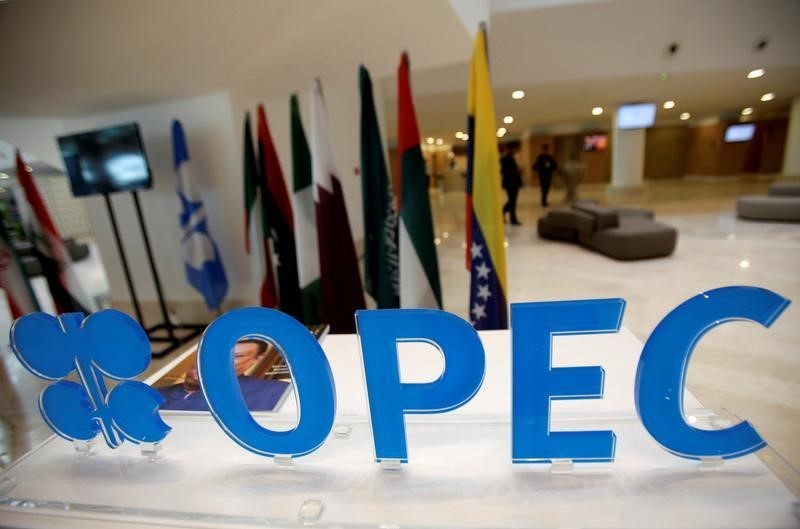(Bloomberg) -- Some oil from China’s swelling storage tanks is finding its way back into the international market as traders jump at the opportunity to source cheap crude for resale to regional refiners.
The shipments in question, so far just 1 million barrels, have been procured by trading houses via the Shanghai futures exchange, and loaded from the bourse’s numerous storage tanks that dot the country’s eastern coast. From these Chinese ports, the cargoes were then shipped to international buyers who would have otherwise sourced such supplies from producers across the Middle East and Africa.
While China will never compete with the likes of Saudi Arabia as a supplier in the long run, the trickle of crude out of the world’s No. 1 importer underscores how fragile oil’s recovery remains. China went on a record buying spree to fill its reserves with low-cost supplies, helping prices double from April lows. Now the purchases are slowing and some of those stockpiles are hitting the market just as OPEC and its partners prepare to raise output.
The oil is coming from the 14 depots designated as delivery and storage points for the Shanghai International Energy Exchange’s oil futures trading contracts. The exchange had a total of 39 million barrels of medium sour grades in storage as of this July 16, up more than 10-fold since April 20.
The rising inventories are weighing on the price of the oil futures, making it attractive for traders to buy them, accept physical delivery upon expiration, and then ship the crude to refineries nearby, according to traders and analysts surveyed by Bloomberg.
The arbitrage is being helped by Saudi Arabia, Iraq and others raising their official selling prices. A North Asian refinery could save $1 a barrel by taking a cargo of Basrah Light from one of INE’s compared to shipping it directly from Iraq, when delivery discounts, shipping costs and OSPs are accounted for, according to traders. Basrah Light accounts for about half of the oil now stored in INE tanks.
“The higher OSPs happened to offer the exchange a chance to stand out as a regional hub due to its advantage in distance and grade selections,” said Li Li, an analyst with Shanghai-based commodities researcher ICIS-China.
Two South Korean refiners purchased about 500,000 barrels each of Oman crude from the depots in China, with one of the cargoes already leaving Dongjiakou port and headed toward Yeosu, according to people familiar with the matter.
Becoming a regional supplier was not exactly what the INE had set out to achieve when it launched its yuan-denominated futures in March 2018, intending to promote its currency and create a price benchmark for the lower-quality crude that its refiners use.
As oil demand and prices sunk amid the pandemic this year, traders looked for anywhere they could park unwanted barrels. Physical players had delivered 27 million barrels of oil into INE’s depots in the first six months of the year, the exchange said in a statement on its official Wechat account. That volume accounted for 57% of all deliveries since the debut in 2018. About 40% of the new volumes were for hedging, the exchange said.
Earlier this month, London-based BP (NYSE:BP) Plc became the first western major to deliver oil into INE’s Weifang depot owned by Sinochem Hongrun. Days later, Mercuria also sold cargo into the same depot for August contracts. Since the start of the year, overseas investors contributed to 16% of daily trading volume for the yuan contracts while making up for 28% of open interest, according to INE.
©2020 Bloomberg L.P.
